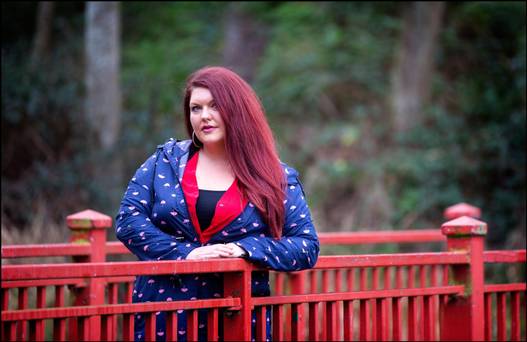Eczema triggers and our top tips to avoid them!
What is atopic eczema?
Atopic eczema (AE), also known as atopic dermatitis, is a common, non-contagious, chronic, inflammatory skin condition characterised by intense itch, dry, red skin which can sometimes weep, become blistered, crusted and thickened. AE is the most common inflammatory skin disorder in children and infants affecting approximately 1 in 5 children. However, for some, AE can persist or develop for the first time in adulthood affecting up to 1 in 10 adults.
What causes AE?
The exact cause of this common inflammatory skin disease is not known, certain factors are thought to be important in its development. These include genetics, inflammatory and allergy responses and a weakened skin barrier. AE can run in families and frequently occurs alongside other atopic conditions, including hay fever and asthma.
Eczema triggers
In some cases, people with AE, can have their symptoms triggered or made worse by a number of different factors. Some common examples include soap, bubble bath, shampoo, washing up liquid, laundry detergents, fragrance and temperature/climatic changes.
Other more individual eczema triggers, can include: house dust mite, animal dander, tree and grass pollens, psychological stress, lack of sleep, irritating fabrics, wool, sweating, and teething.
- Related: Atopic Eczema – Why Scratching Can Make You So Itchy!
- Related: Irish Daily Mail – ‘Wonder Drug that’s Been Denied to Eczema Sufferers’
- Related: Your Guide to Face Masks and Your Skin
Trigger avoidance
Identifying any relationship between suspected triggers and AE skin symptoms is important. Recognising and avoiding and/or control of exacerbating triggers is helpful in preventing recurrent symptoms and the deterioration of AE.
Top Tips
- Avoid soap!
- Ideally, shampoo should be clear, pH neutral and fragrance free.
- Your bath or shower should be a lukewarm temperature; 5-7 minutes bathing is enough.
- Wear cotton clothing where possible.
- Protect your skin from changes in temperature, e.g. during colder weather, wrap up well when moving from centrally-heated environments into colder outdoor conditions.
- Use a non-biological washing powder and avoid fabric conditioner.
- Avoid fragranced candles and plug-in air freshener around the home.
- Avoid chemical sprays and harsh household cleaning products.
- Reduce the dust mite at home; dust and vacuum regularly, wash bedding weekly at 60 degrees and replace curtains and carpets if possible.
- Children’s soft toys should be washed regularly (follow manufacturers’ instructions but temperature must reach 60° C), or put them in the freezer for 24 hours to kill house dust mites.
- When the pollen count is high, avoid hanging clothes and bed linen out to dry.
- Freshly dry-cleaned clothes should be removed from the plastic and allowed to air for 24 hours before wearing, to reduce the risk of possible chemical irritation of the skin.
- Protect your hands – wear cotton gloves under protective gloves if you work with chemicals or cement. Wear barrier hand-cream if you need to constantly wash your hands.
Finally, establish a good daily skincare routine, and don’t stop moisturising when your skin is clear. If your eczema flares, treat at the first sign of symptoms.
For more information about atopic dermatitis and eczema, visit our main eczema page here. If you need help or guidance about managing your eczema, contact the ISF Helpline here.













